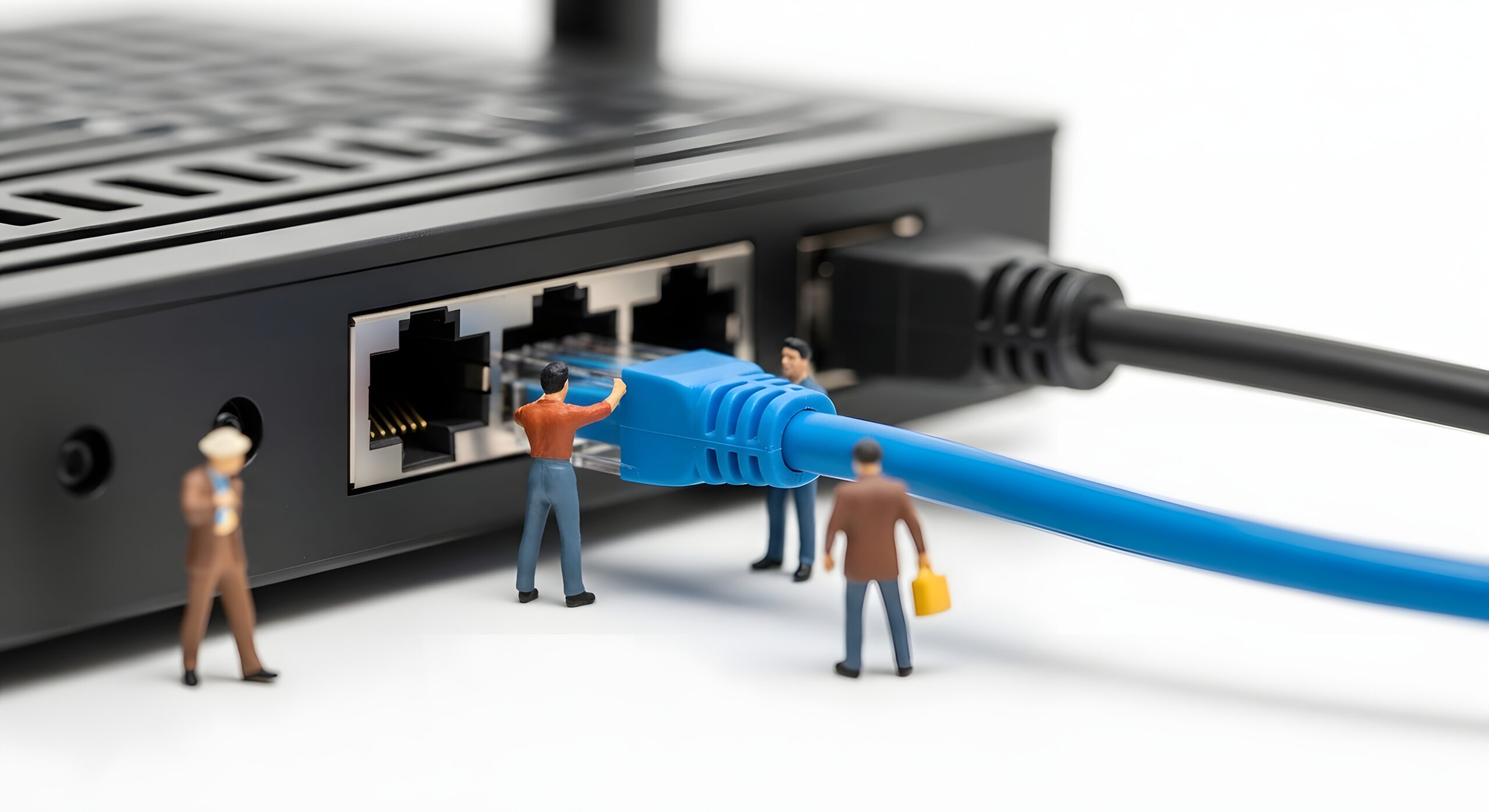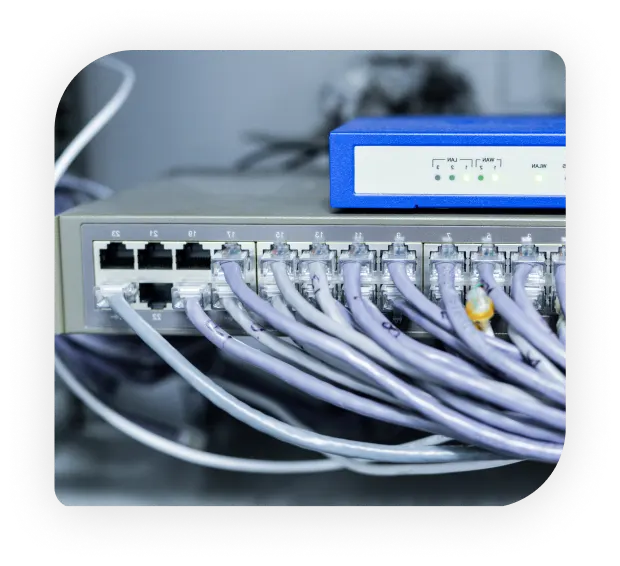Buy AFRINIC IPV4
The African Network Information Centre (AFRINIC) is the Regional Internet Registry (RIR)
ARFINIC IPv4
The African Network Information Centre (AFRINIC) is the Regional Internet Registry (RIR) responsible for allocating and managing Internet Protocol (IP) addresses in Africa and parts of the Indian Ocean region. One of the most important resources it manages is IPv4 (Internet Protocol Version 4), the foundational addressing system that has been powering the internet since its early days. Despite the global transition toward IPv6, AFRINIC IPv4 addresses remain critical in supporting businesses, service providers, and governments across Africa.

What is AFRINIC IPv4?
An IPv4 address is a numerical label consisting of 32 bits, usually written in a dotted-decimal format (for example, 192.168.1.1). Each IPv4 address is unique and serves as an identifier for devices connected to the internet. AFRINIC IPv4 resources were distributed to organizations such as internet service providers (ISPs), data centers, telecom operators, and enterprises operating in Africa. Although IPv4 exhaustion is a global issue, AFRINIC was one of the last RIRs to exhaust its free IPv4 pool in 2019. This late exhaustion gave African businesses more time to acquire valuable address blocks compared to other regions.

Why is AFRINIC IPv4 Valuable?
Even after exhaustion, IPv4 addresses remain in high demand because many networks, applications, and systems are still built on IPv4 infrastructure. Transitioning to IPv6 is expensive, and not all devices or networks support it yet. For this reason, companies continue to rely on IPv4 for stability and compatibility. AFRINIC IPv4 space is particularly valuable due to its clean reputation—many African ranges are considered less exploited compared to heavily used ranges in Europe or North America. This makes AFRINIC IPv4 highly attractive for businesses looking for reliable email deliverability, low blacklist risk, and smooth connectivity.

Market for AFRINIC IPv4
As IPv4 addresses have become scarce, a secondary market has emerged where companies can buy, sell, or lease IPv4 addresses. AFRINIC IPv4 blocks are often traded through brokers, hosting providers, and specialized IP marketplaces. Pricing varies depending on factors like prefix size (/24, /22, /16), reputation, and demand. For instance, a clean /24 IPv4 block from AFRINIC can be leased or purchased at premium rates due to its scarcity and strong market need. Many global companies now look to AFRINIC ranges for use in mailing services, VPNs, cloud hosting, and enterprise connectivity.

Compliance and Policy Considerations
Organizations using AFRINIC IPv4 must comply with AFRINIC’s policies, which require legitimate use and proper registration of resources in the WHOIS database. This ensures transparency, accountability, and network stability. Proper management of AFRINIC IPv4 resources is essential for avoiding disputes, maintaining clean reputation, and ensuring smooth routing across the internet.

25+
Future Outlook
Although IPv6 adoption is growing, IPv4 remains the backbone of the internet today. AFRINIC IPv4 addresses will continue to hold significant value in the near future, especially for businesses that rely on email marketing, hosting, or large-scale online operations. Acquiring AFRINIC IPv4 through trusted providers and maintaining compliance is the best strategy for businesses seeking long-term network stability.
- Superior Workmanship
- Transparent Practices
- Creative Solutions
